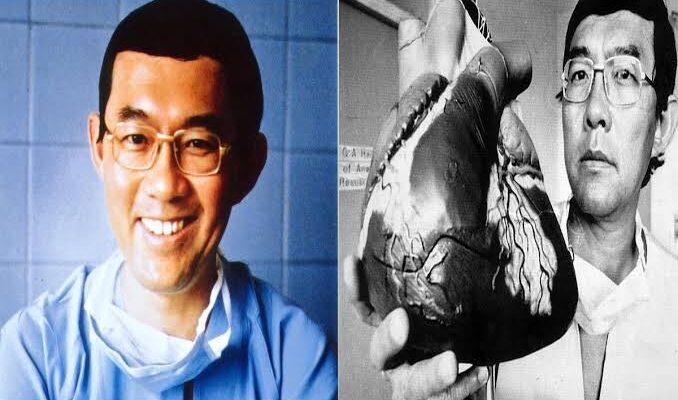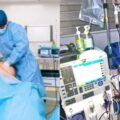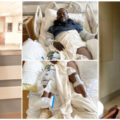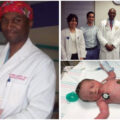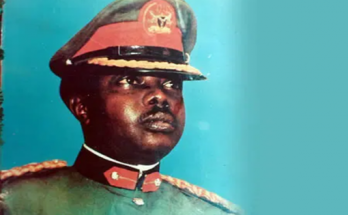In the annals of medical history, certain names shine brightly as trailblazers who have pushed the boundaries of what was once deemed impossible.
Dr. Victor Chang stands prominently among these visionaries, celebrated for his groundbreaking contributions to the field of heart transplant surgery.
Early life
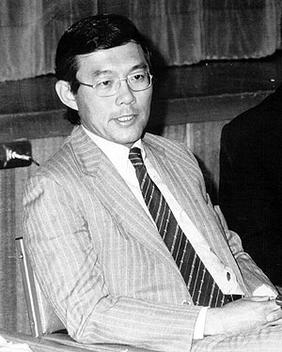
Born in Shanghai in 1936, Dr. Chang’s journey to becoming a pioneer in cardiac surgery was marked by determination and brilliance.
After relocating to Australia, he pursued his medical studies at the University of Sydney, where his exceptional skills and dedication earned him widespread recognition.
Driven by a passion to make a meaningful impact on cardiovascular medicine, he set his sights on the then-emerging field of heart transplantation.
In the 1960s, the idea of successfully transplanting a human heart was met with skepticism and challenges.
Dr. Chang, however, was undeterred. He immersed himself in the intricacies of cardiac surgery and transplantation, drawing inspiration from earlier attempts and the groundbreaking work of Dr. Christiaan Barnard, who performed the world’s first successful heart transplant in 1967.
READ ALSO: Amaechi Muonagor: Biography, career, reasons he stopped acting
Pivotal achievements
Dr. Chang’s pivotal moment came in 1974 when he performed Australia’s first heart transplant at St. Vincent’s Hospital in Sydney.
The surgery was a resounding success, marking a turning point in the landscape of cardiovascular medicine.
This achievement not only solidified Dr. Chang’s reputation as a skilled surgeon but also propelled Australia into the forefront of heart transplantation research.
One of Dr. Chang’s significant contributions was his innovative approach to organ preservation.
Recognizing the critical importance of minimizing the time a heart spent outside the body, he played a key role in developing techniques to extend the viability of donor hearts.
His work in this area significantly increased the success rates of heart transplant surgeries, laying the foundation for future advancements in organ preservation.
Beyond his technical prowess, Dr. Chang’s impact extended to the establishment of the National Heart Transplant Program in Australia.
This initiative played a crucial role in coordinating transplant activities, fostering collaboration among medical professionals, and advancing research in the field.
Under his guidance, the program flourished, setting new standards for patient care and surgical outcomes.
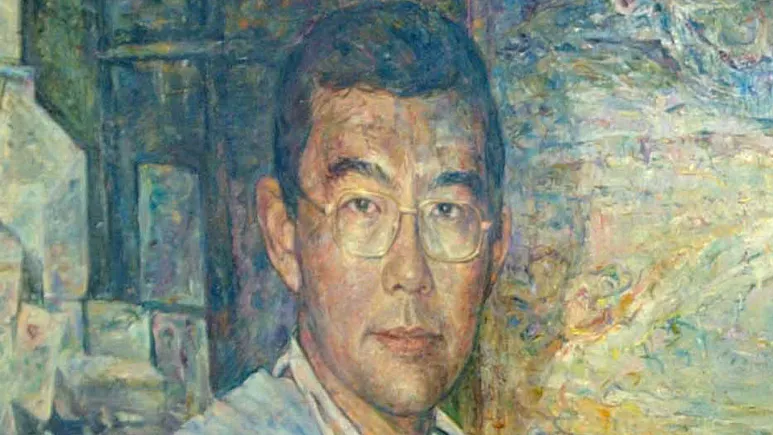
Chang’s challenges
However, Dr. Chang’s journey was not without challenges.
The ethical and moral considerations surrounding organ transplantation raised complex questions, and he navigated these issues with a steadfast commitment to the well-being of his patients.
His advocacy for stringent ethical standards in the field of organ transplantation contributed to the development of guidelines and protocols that continue to govern the practice today.
Tragically, Dr. Victor Chang’s life was cut short in 1991 when he became the victim of a senseless crime. His untimely death was a profound loss to the medical community, but his legacy endures.
The Victor Chang Cardiac Research Institute, established in his memory, stands as a testament to his enduring impact.
The institute remains at the forefront of cardiovascular research, striving to build on Dr. Chang’s legacy and push the boundaries of medical science.
READ ALSO: Brief Biography of the Late Chief of Army Staff, Lieutenant General Ibrahim Attahiru
Conclusion
In conclusion, Dr. Victor Chang’s indelible mark on the history of heart transplant surgery is a testament to his brilliance, determination, and compassion.
His pioneering work not only saved lives but also paved the way for future generations of surgeons and researchers to continue pushing the boundaries of what is medically possible.
Dr. Chang’s legacy continues to inspire and serves as a beacon of hope for those in need of life-saving cardiac interventions.

